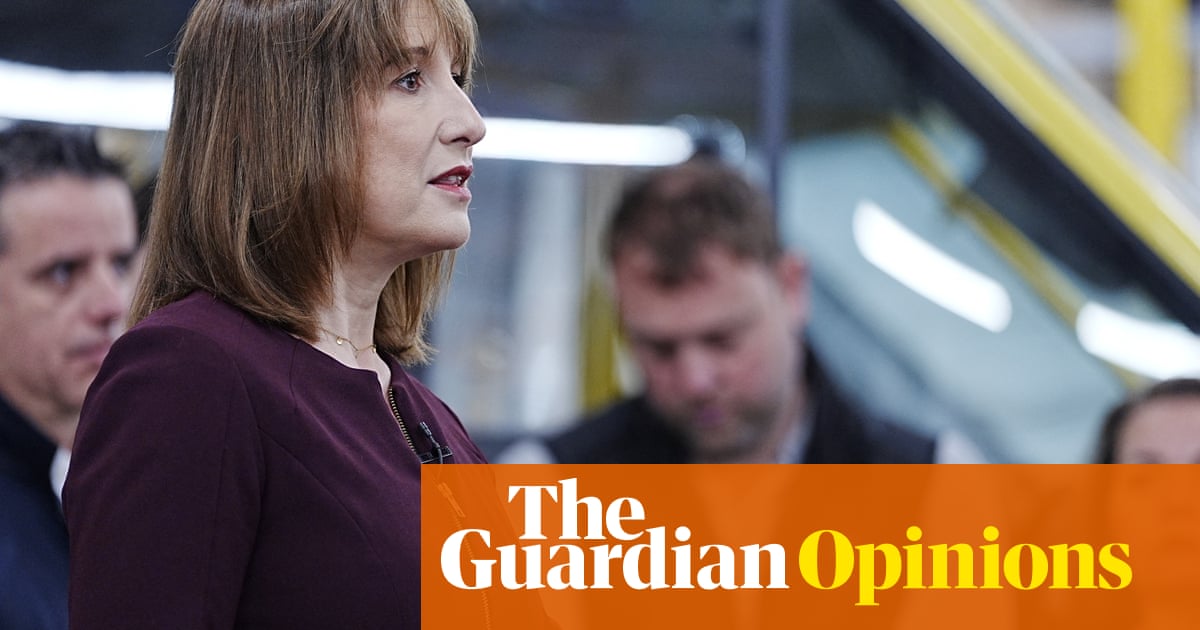Inequality between British regions is not a new problem and Rachel Reeves is not the first chancellor to want to close the gap. In 2014, George Osborne promised a “northern powerhouse” to rival the dominance of London and the south-east. He pledged devolution and investment in infrastructure to connect northern cities, to unlock productivity and growth.
Since then, Britain’s economy has suffered multiple shocks, some external (the pandemic, inflation stoked by Russia’s invasion of Ukraine), others self-inflicted (Brexit, Liz Truss’s mini-budget). Each time, the damage was more severe in places already falling behind. Boris Johnson claimed levelling up as his defining purpose. Rishi Sunak let the ambition slide. Now it is being revived by a Labour chancellor. Ina speechannouncing transport investments on Wednesday, Ms Reeves promised a “renewal of Britain”, with prosperity built on “broad foundations” and a break from the failed model that relied on “a handful of places forging ahead of the rest”.
There was material support behind that commitment – £15.6bn offunding for local transportin regions across northern England and the Midlands. Less measurable but arguably more significant over time is the pledge to rewrite Treasury rules for evaluating return on public investment. The current model encodes a bias in favour of putting new infrastructure in places that are already prosperous.
Changing that calculus, alongside revisions made last year to fiscal rules on borrowing for capital spending, givesLabourmore scope and more fiscal firepower to direct money to needy parts of the country. Ms Reeves promises a £300bn uplift in public investment over the course of this parliament – the highest level since the 1970s. More detail on how this will be spent is expected when a 10-year infrastructure plan is launched later this month.
The government hopes that these upbeat messages about investment and regeneration will sugar-coat theless palatable doseof fiscal medicine that Ms Reeves is due to administer next week in the comprehensive spending review. What flexibility the Treasury has afforded itself for capital investment does not extend to day-to-day departmental spending. There, the picture will be grim, with real-terms cuts in all but a handful of protected budgets.
The combination of austerity in the short to medium term with investment over the longer term amounts to a colossal political gamble. The chancellor cannot realistically expect promised future benefits from transport, housing and other projects to comfort people whose dailylived experienceis dilapidated services, shrinking benefits and councils on the brink of bankruptcy.
In her speech on Wednesday, Ms Reeves spoke of “spades in the ground” by 2028 and fleets of new vehicles coming on stream by 2032. With an election due in 2029, those timelines don’t offer much prospect of a feelgood factor sufficient to persuade voters to let Labour complete the job of national renewal in a second term.
Strategic planning that looks beyond the electoral cycle is admirable as statecraft. But it fails as politics without a more compelling narrative of collective national purpose and a palpable sense that things are getting better. In an age of endemic mistrust, governments cannot expect gratitude in advance for hypothetical improvements in their lives. And people who voted for Labour in expectation of change are already feeling their patience sorely tested by the chancellor.
Do you have an opinion on the issues raised in this article? If you would like to submit a response of up to 300 words by email to be considered for publication in ourletterssection, pleaseclick here.
